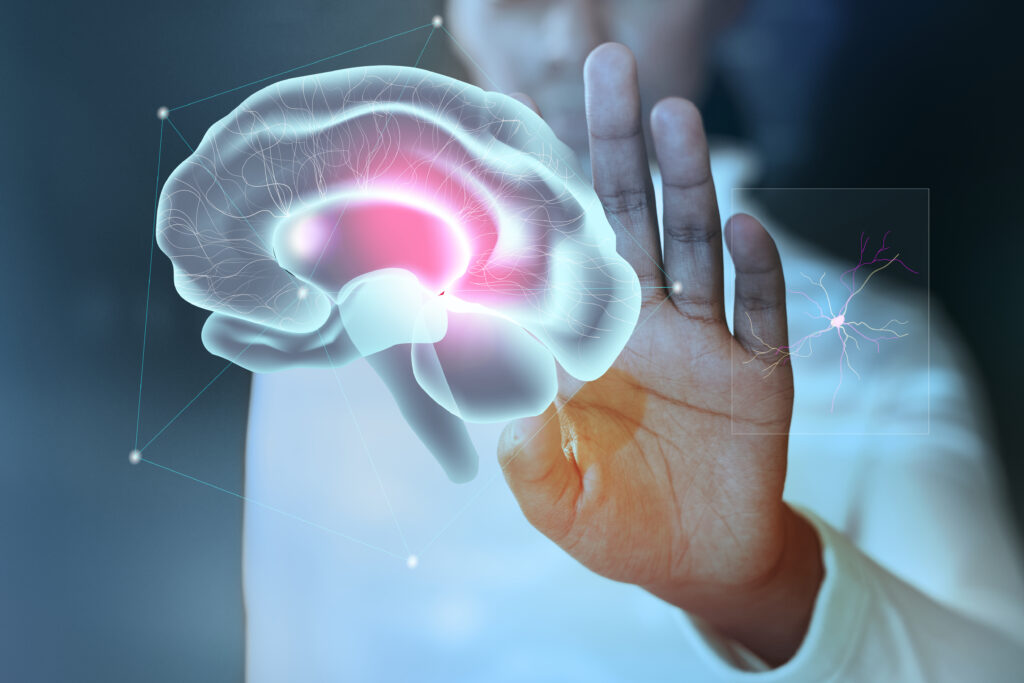Have you ever wondered how the human brain stores memory and how this memory is induced to produce the experiences of the past in current living?
How does the brain operate in thinking?
How much memory is retained and can it disappear?
Is memory specific or generalized?
The fact is that everything which has been in our conscious awareness is recorded in detail and gets stored in the brain and is capable of being ‘played back’ in the present. Not only the past events are recorded in detail but also the feelings that were associated with those events are also recorded. This shows that a situation and the feeling which was produced by the situation are locked together in the brain so that one cannot be induced without the other.

The brain works as a high-quality recorder of every experience. Every time you are paying conscious attention to something, you are recording it in your brain, and these recordings are continuous and in sequence of events.
Take a second and recollect an event that impacted you. What do you recall? Just the event or you feel the same way that you felt during that past event?
When you induce a recollection, you will feel again the emotion which the situation originally produced in you, and you will be aware of the same interpretations, which you yourself gave to the experience in the first place. Thus, induced recollection is not the exact auditory or visual reproduction of past scenes, but it is the reproduction of what you heard, saw, understood and felt. Such recollections can be induced by any stimuli of day-to-day experience and these recollections can be more rightly said as reliving than recalling.
While responding to a stimulus you are momentarily displaced into the past, and this reality may last only a second, or it may last many hours or days. Subsequent to the experience you may consciously then remember that you were there.
So, the sequence in recollection of memory includes
- Reliving, which is spontaneous, involuntary feeling and
- Remembering, which is conscious, voluntary thinking about the past situation thus relived.
Both good and bad feelings are evoked in much the same manner.

You not only remember how you felt, but you can also feel the same way. The memory function is not only psychological but biological also.
Sometimes a beautiful moment, a nice fragrance, enjoyable music that can produce an inexpressible joy, may momentarily go unnoticed, and unless we put our minds to it, we cannot remember where and what we had experienced, but what we felt is factual.
Each memory you recall has a separate neural pathway. An induced recollection from the temporal cortex retains the details of the original experience, and when it is thus introduced into your consciousness, the experience seems to be in the present moment, possibly because it forces itself compellingly upon your attention. Only when it is over can you recognize it as an intense memory of the past experience.
Reference:
I’m Ok – You’re Ok by Thomas A. Harris, M.D.


